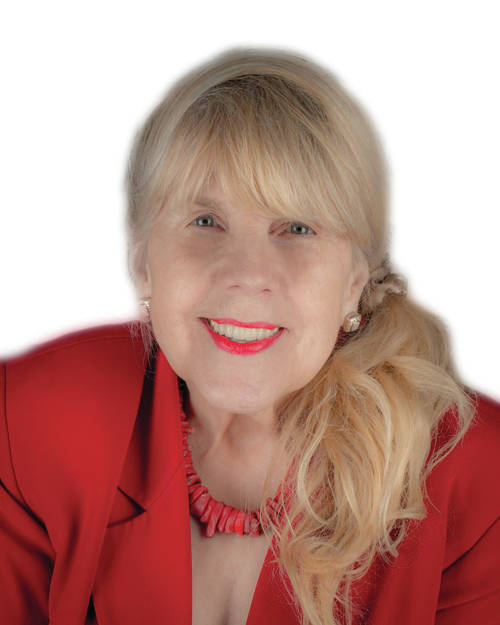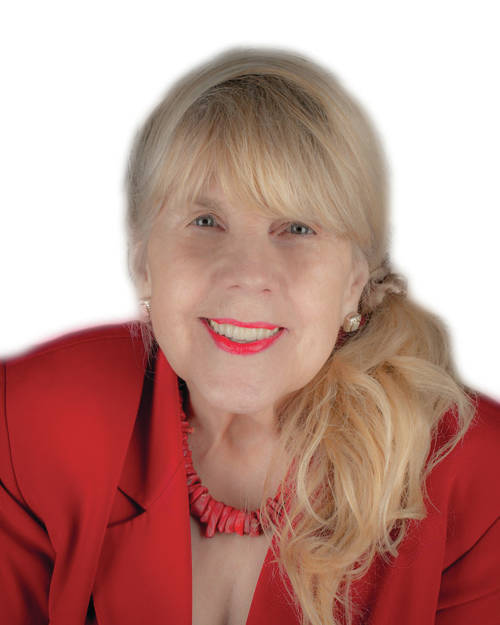

Since my students at Edison State Community College and I have been interviewing military veterans, we have hit the 100 mark. Of that 100, only one interview was disappointing.
He was a World War II veteran and wanted to blame his military service for all the failures in his life. He was disappointed with his work after the military, his marriage, and his daughters. It was difficult to listen to him as he never assumed responsibility for any of the missteps in his life, which began when he flunked out of engineering school at a prestigious university.
Now that I’ve cleared that up, I want to assure you that these veterans have taught me so much more than I ever learned in my American history and government classes at Woodward High School, the University of Toledo, and Eastern Kentucky University, and I had excellent teachers at all three levels.
These veterans have brought that human dimension into my life as they have shared their love of country, their love of those with whom they served, and their belief that their service was meaningful, important, even though often it was filled with hardships and grief. I have listened as they have discovered the words to share their examples of the ways in which their service impacted them.
And what has happened in the process of the sharing? I have come to love them in very special ways, to respect them, to admire their courage and their caring.
Let me tell you about just a few of them as I reflect on our celebration of the birth of our nation this July Fourth.
At the top of my list is always Robert Tweed. He’s 97 now and can no longer do the many things he’s done for me and my students: speaking to my American literature classes, participating in parades, answering my endless inquiries. Robert was at the Battle of the Bulge and at Dachau the day after Americans freed this death camp. I can never forget his accounts of what he saw as he bore witness to that which is most evil in human behavior.
Then there is Harry Christy, also at the Battle of the Bulge with a more positive story that Robert’s. Most of Robert’s men were killed or captured, and Christy’s unit suffered very few fatalities. Time flies and Harry has already had another birthday since I attended his party on his 95th. The community was out in full force on his 95th to salute the positive differences he has made in the lives of so many.
When I think of World War II, I always think of POWs, and Lester Edsall (1920-2017) represents them for me. I have read his autobiography and have interviewed him several times. At the time of his he passing, he still carried the responsibilities he was forced to assume in surrendering his men to the Germans or having them mowed down in a “circle of light.” He did, of course, what you or I would do: save their lives in hopes of their being able to escape or having an end to the war. After escaping, when he crossed the Elbe River to the Allied side, he cried. And I cry as I think of that day.
Korean War veteran Fredrick Shively (1929-2017) came forward to help me at the college educate students about war long before we started the major projects Additionally, he and Ken Williamson (1930-2015) taught 50,000 area students about war in a program titled “Korea – The Forgotten War – Our Legacy to You.” When Ken died, Fred could not carry on. Ken could bring a room to tears as he spoke in his powerful voice of the pain of telling 30-plus parents that their sons had been killed in combat.
My Kentucky friend Weldon Oakley has shared with me his knowledge of being in the Chosin Reservoir in the Korean War where 120,000 invading Chinese, some of whom were literally feet from him as he carried out his daunting tasks in a brutal 17-day battle in November and December of 1950. And Weldon has talked with my college students and with students at the Upper Valley Career Center. He is committed more than anyone I’ve ever known to making certain that in death, veterans are provided the proper ceremonies and burial.
A person who has touched my heart deeply is Kenneth Mott. Born in poverty in West Virginia, he joined the military so that the other children in his large family would have more food. He has carried the memories of the children in the Korean War who were homeless, hungry and mutilated all these decades since he left Korea. I now carry those images, too.
These men are just a few of the dozens whose stories have become an important part of me. Because of them, I am free; because of them, I can share their stories; because of them, I can have hope. I thank them for their precious gifts.
Comments: [email protected]





